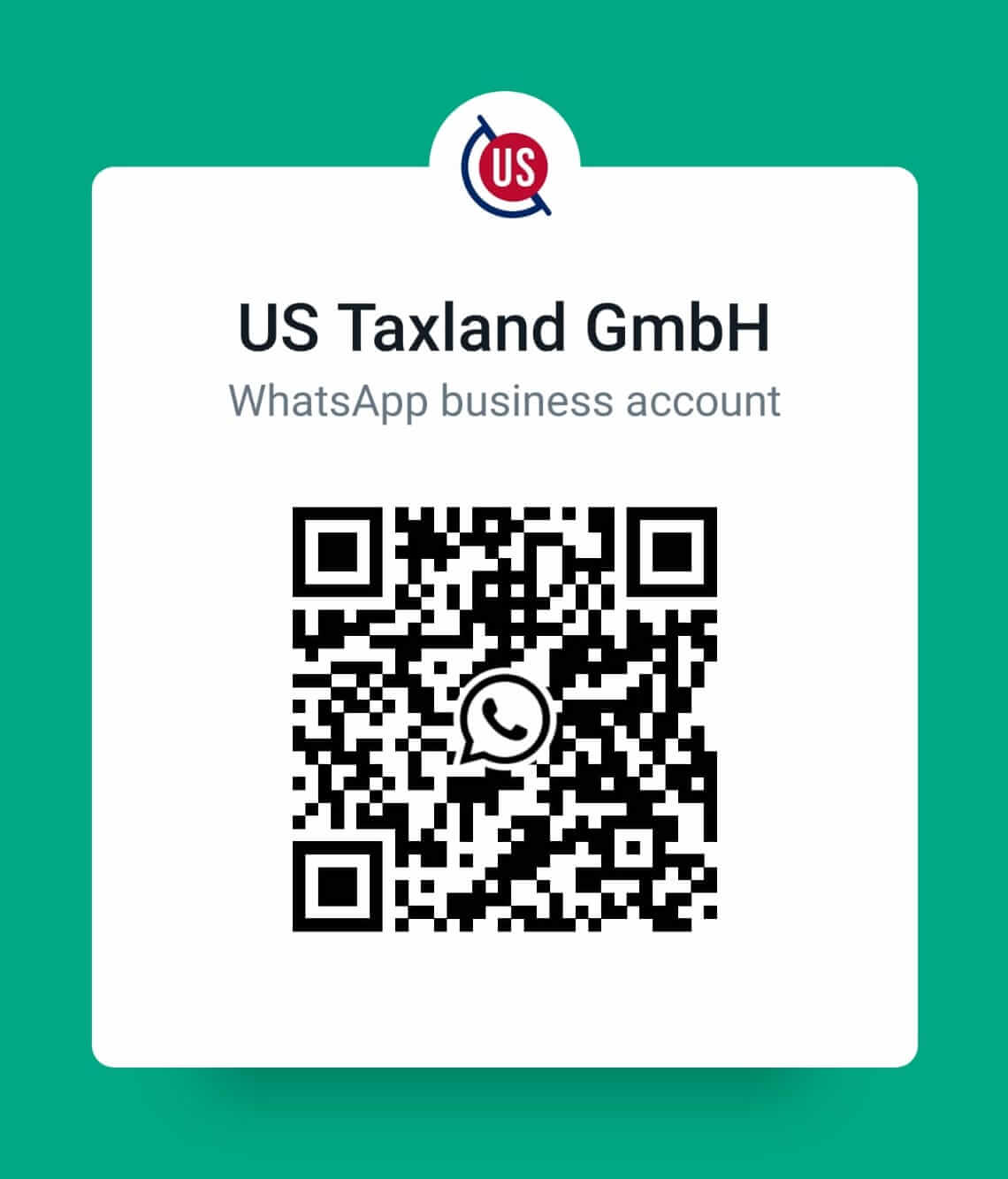


Natalia
I am happy to answer your questions
Scan the code or click the button to start a chat.
Services
There are different situations when people who have to file US tax returns and other forms fail to do so. For example, a person moved from the US and genuinely believed that they don’t have to file US tax returns because their salary is below foreign earned income exclusion, or because they file tax return in a foreign country and think that it covers their tax filing obligations, or they simply don’t know that Americans have to continue filing US tax returns even after leaving the US.
Another example is people living abroad their whole life who acquired US citizenship either by birth in the US or by birth to US parents abroad. Naturally, people living abroad most of their life have foreign bank accounts and other financial assets that they may have never reported to the US and never paid tax on income generated by these assets. Those people are subject to the same US tax obligations as any other Americans, and it often comes to them as a big and, to say the least, an unpleasant surprise.
In order to encourage more people to come forward with their tax filing obligations, the IRS has introduced at different times a number of voluntary disclosure programs that offered greatly reduced penalties for late filings, or no penalties at all.
We have a lot of experience helping people to file the returns, FBARs and other forms under the streamlined filing compliance procedures (“streamlined procedures”).
There are two streamlined compliance procedures:
The Non-residency test is met if a person spent at least 330 full days outside the US during at least one of the three most resent years for which tax return filing due date has passed. For married people filing a joint tax return, both spouses must meet the non-residency test.
Both programs are similar in that they can be used only by people certifying that their failure to report foreign financial assets and pay all tax due in respect of those assets did not result from willful conduct; the IRS did not contact a person regarding a tax return for any of the years in the streamlined period, and the person is not under criminal investigation by the IRS.
Both procedures require filing of the following:
Important difference between the domestic and foreign streamlined procedures:
When filing returns using either a foreign or a domestic streamlined procedure, the tax due and interest on the tax due for each of the year in the period covered by the streamlined submission must be paid in full.
The most significant difference between the two programs lies in penalties assessment:
Streamlined compliance procedures have been there for a while and may be terminated by the IRS at any time, or terms of the programs and/or eligibility criteria may change. That was exactly the case with the Offshore Voluntary Disclosure Program that was closed by the IRS in 2018.
What can we do for you?
Our key services